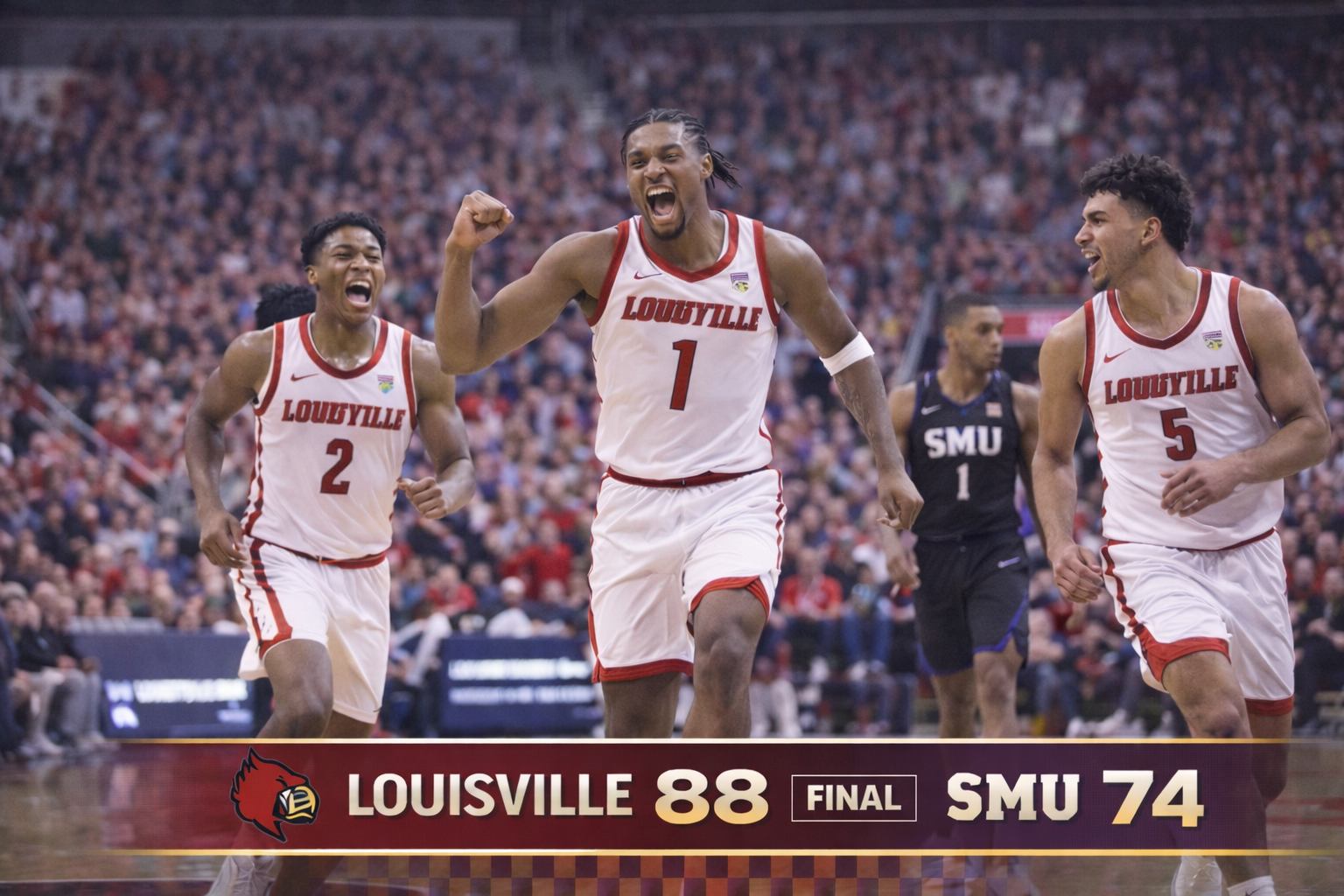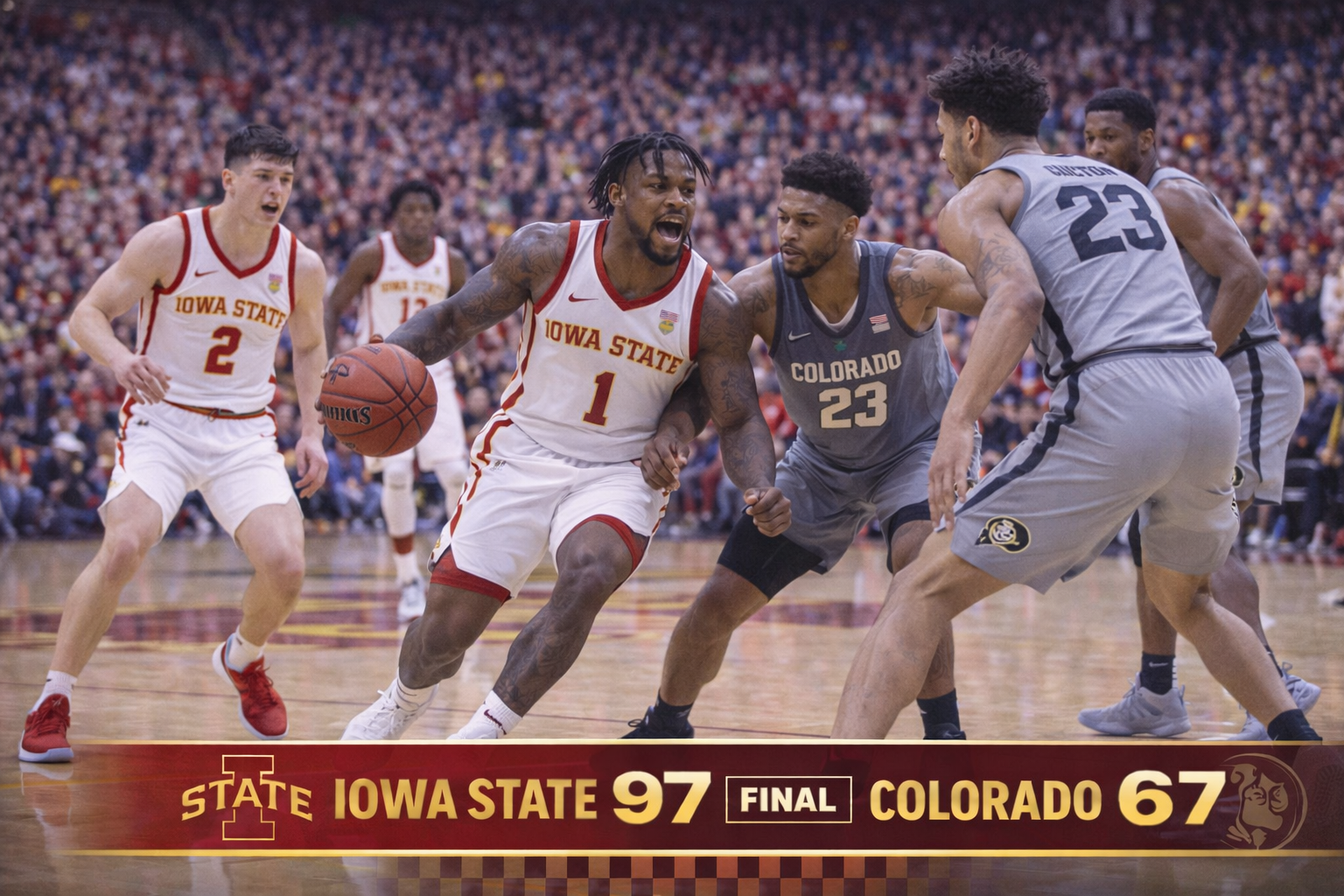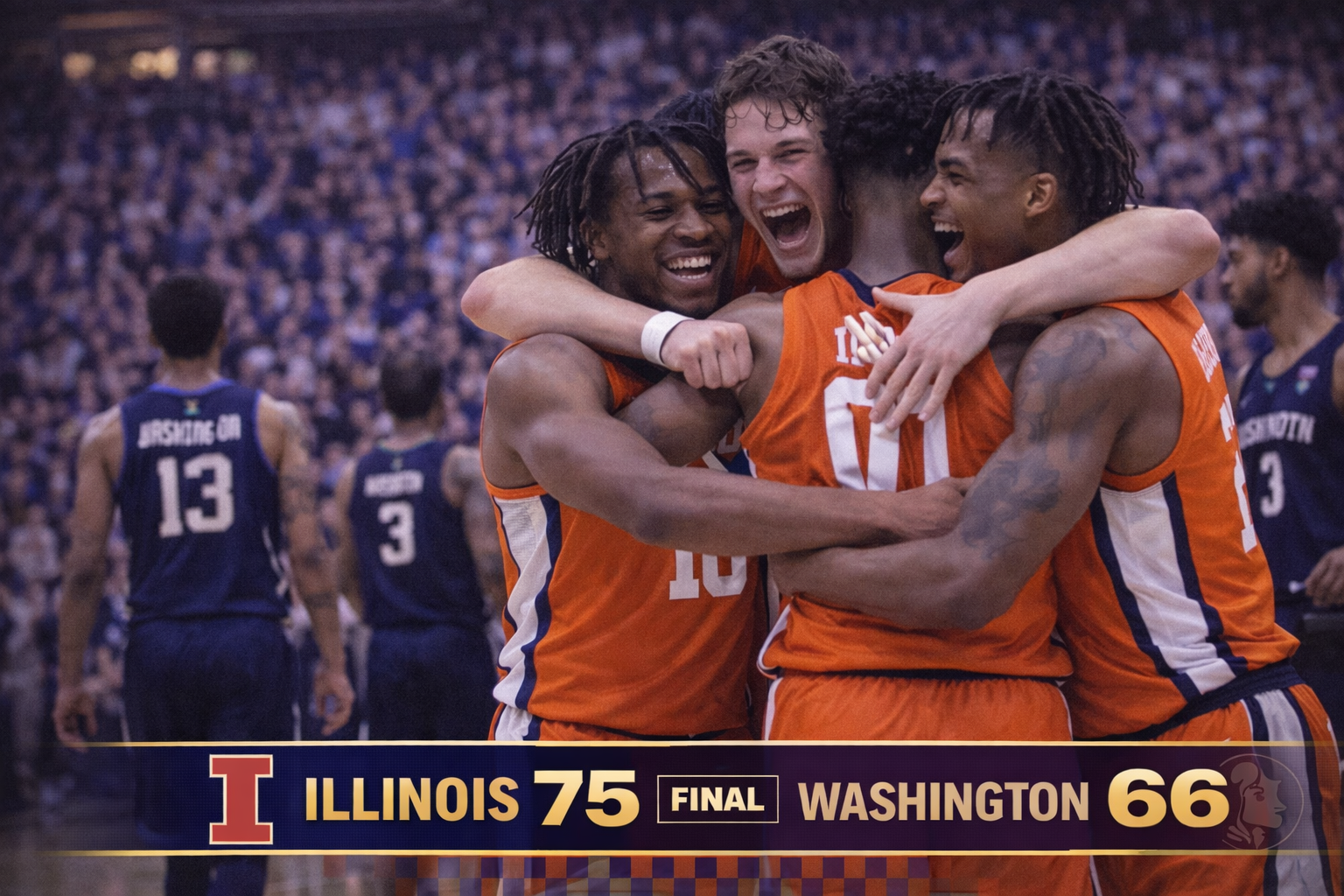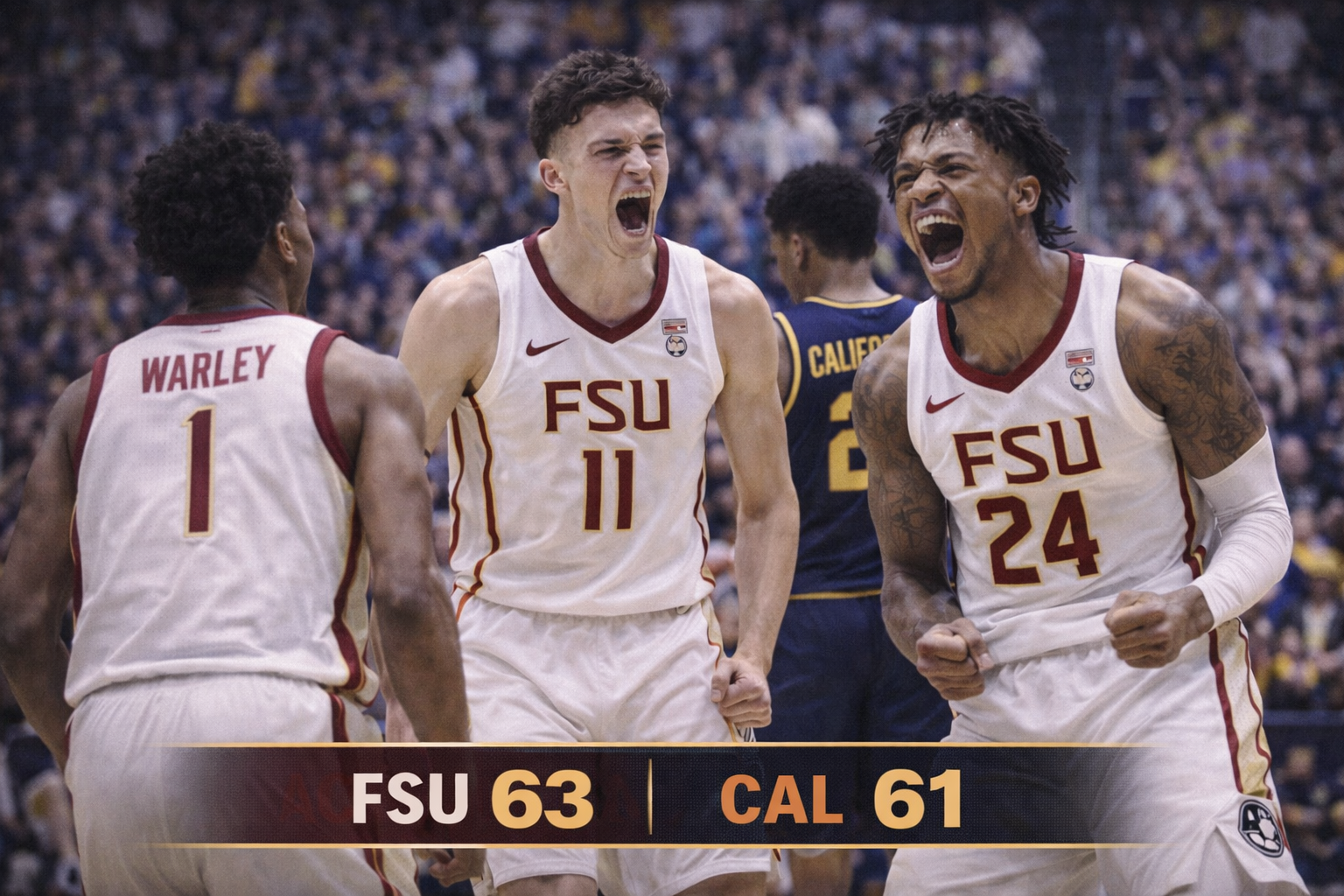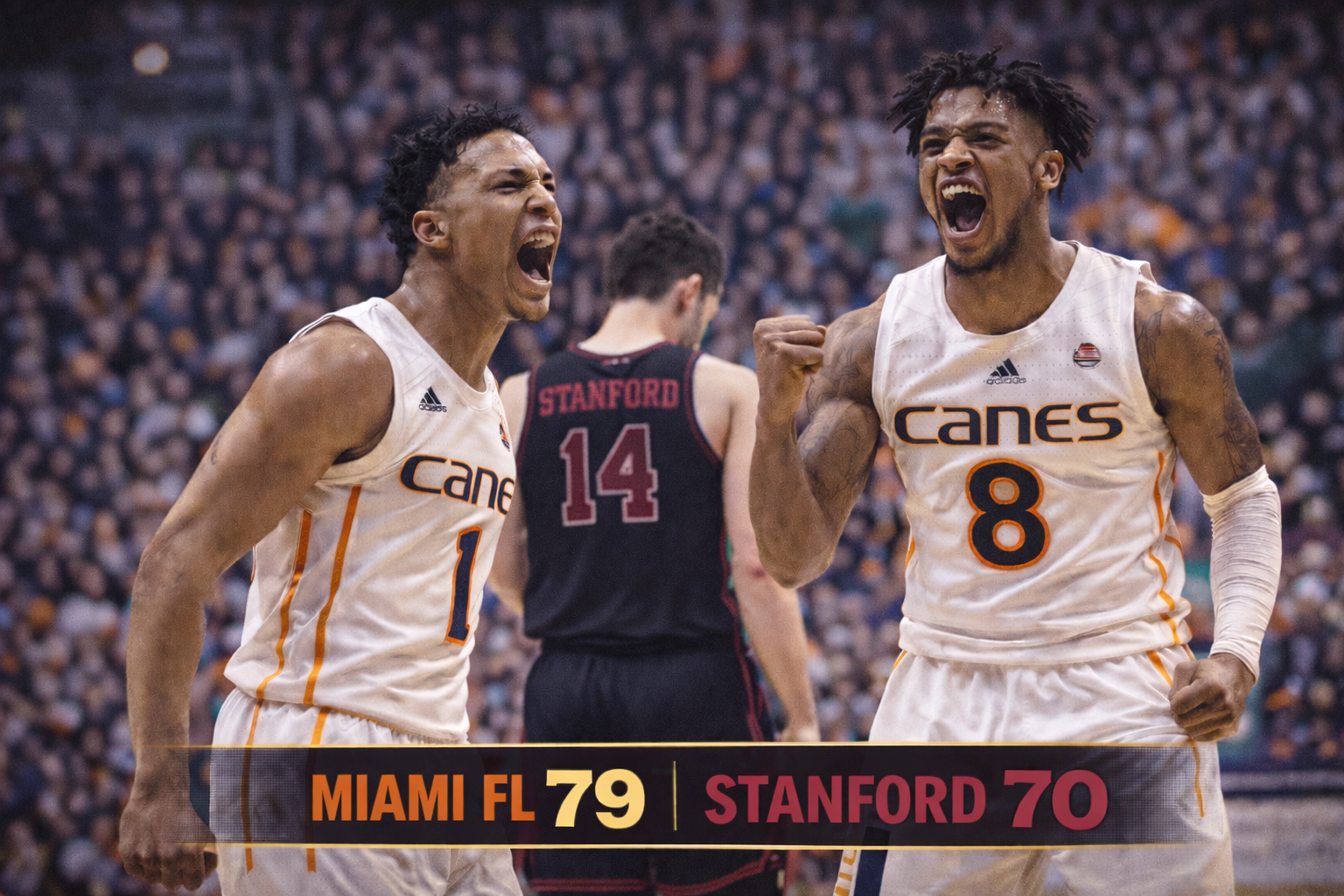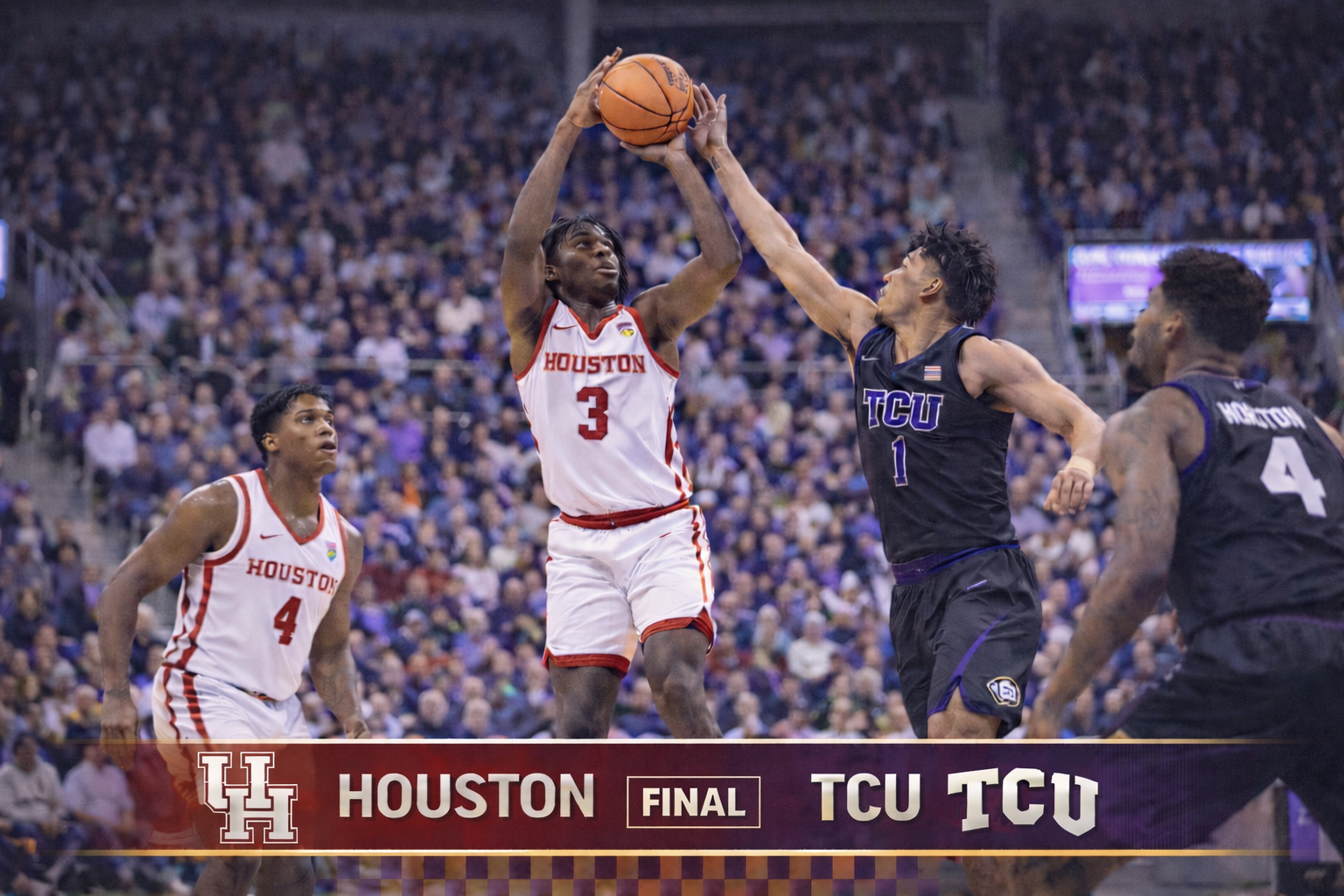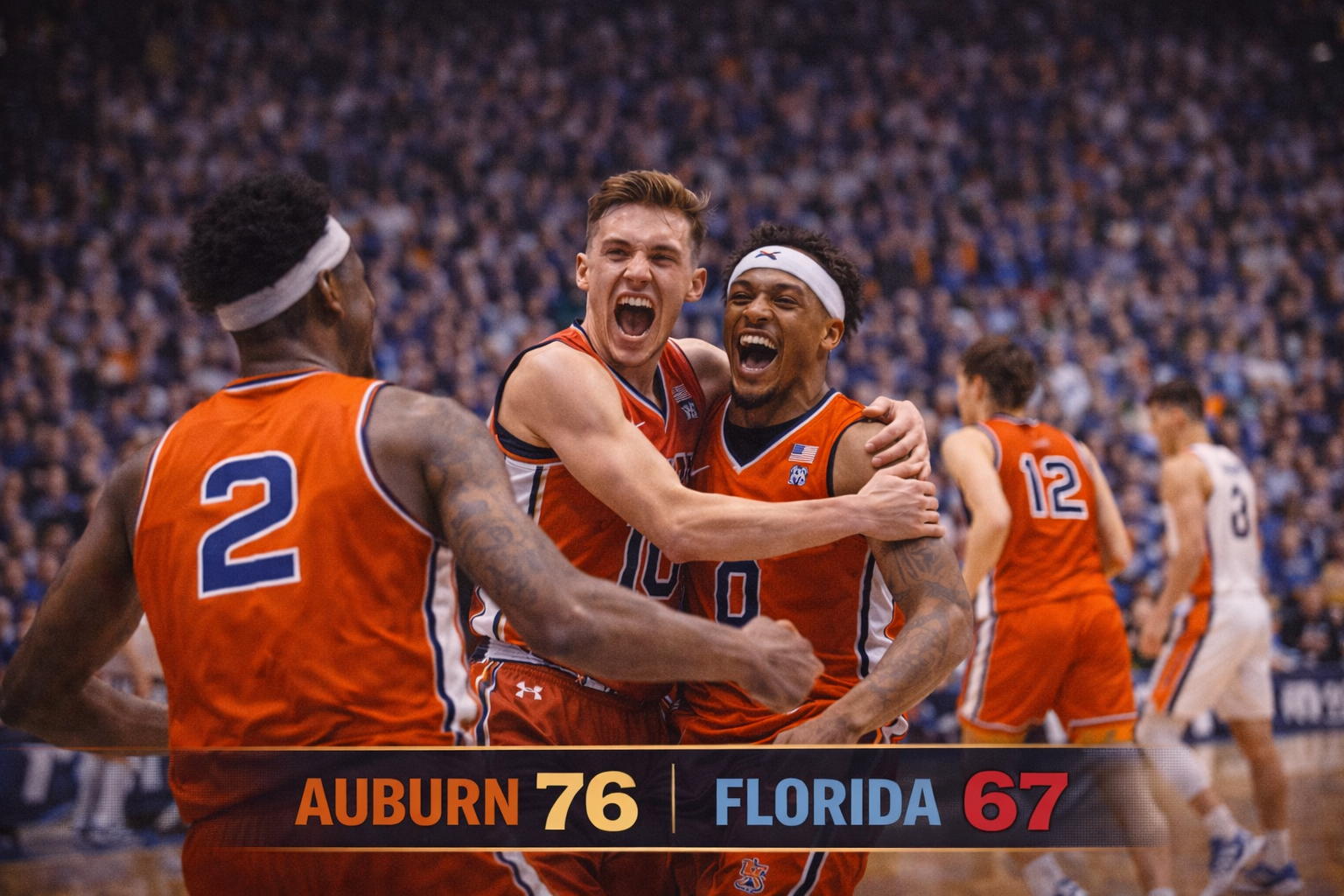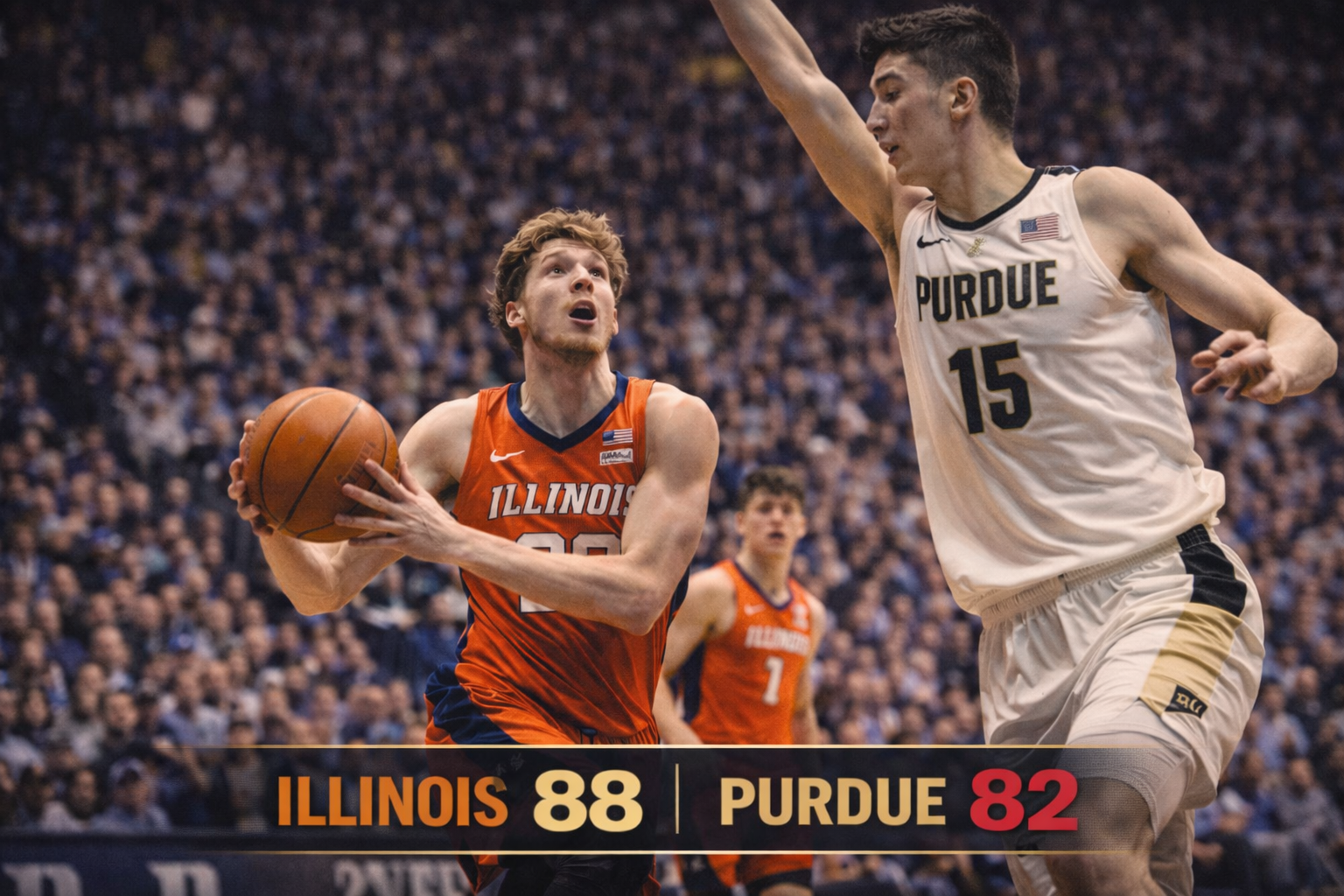No. 4 Miami’s Defense Stifles Florida in 26-7 Victory
A Rivalry With Lasting Implications
When Miami and Florida take the field, the game is never just about the final score. It is about pride, bragging rights, and carrying momentum in one of the most heated rivalries in college football. On Saturday night inside Hard Rock Stadium, the Hurricanes left little doubt about their superiority, delivering a 26-7 victory that not only pushed them to 4-0 on the season but also extended their dominance over the Gators in recent years.
The win marked Miami’s ninth victory in the last 11 meetings against Florida, a streak that speaks to the Hurricanes’ ability to show up in high-stakes rivalry games. For head coach Mario Cristobal, this victory carried special weight. It was not just about extending the unbeaten start but about proving Miami’s physical identity against a proud SEC opponent.
First Half: Hurricanes Set the Tone
From the opening whistle, Miami’s defense set the tone. The Hurricanes stuffed Florida’s first two rushing attempts and forced an early three-and-out, immediately sending a message that this would be a long night for the Gators. On the ensuing drive, Miami marched 68 yards downfield behind a mix of inside runs and short passes. Running back Marty Brown capped it off with a powerful two-yard touchdown, putting the Hurricanes ahead 7-0.
The rest of the first half belonged to Miami’s defense. The Hurricanes held Florida to just 32 total yards and a single first down through the first two quarters. Quarterback Carson Beck, steady but unspectacular, managed the offense with precision and led two more scoring drives that ended in field goals. By halftime, Miami had built a 13-0 cushion while Florida looked completely out of sync.
The Gators’ offensive struggles were glaring. Their line failed to protect quarterback D.J. Lagway, and Miami’s pass rush forced hurried throws that never found their mark. As the teams headed into the locker room, Florida looked frustrated and overwhelmed, while Miami looked poised to slam the door shut.
Florida’s Brief Push in the Third Quarter
Momentum briefly shifted after halftime. Florida’s coaching staff made adjustments, leaning heavily on the ground game. On their opening drive of the third quarter, running back Jadan Baugh broke through with a seven-yard touchdown run, capping an 80-yard march that brought the Gators within striking distance at 13-7.
The energy in the stadium shifted, and things got tense when Beck threw an interception on Miami’s next possession, handing Florida the ball near midfield. For a moment, it appeared the Gators might mount a comeback. But the Hurricanes’ defense once again rose to the occasion, shutting down Florida on a critical fourth-down attempt.
That stop effectively ended any hopes of a Florida rally. From that point on, the Gators never threatened again, undone by poor execution and Miami’s suffocating defense.
Hurricanes Close With Authority
With their lead narrowing, Miami responded with their most important drive of the game. The Hurricanes pieced together a 13-play, 80-yard march that ate up valuable clock and sapped Florida’s energy. Brown delivered his second touchdown of the night, extending the lead to 19-7.
Moments later, running back Mark Fletcher Jr. hammered in a one-yard score, finishing the night with 116 rushing yards and Miami’s exclamation point touchdown. The Hurricanes’ rushing duo of Fletcher and Brown proved too much for Florida, combining for nearly 200 yards on the ground and three touchdowns.
Beck finished with 160 passing yards on 17 completions, managing the game well despite one costly turnover. Yet, it was Miami’s defense that stole the spotlight. The Hurricanes held Florida to just 141 yards of total offense and an abysmal 0-for-13 on third downs. It was Florida’s worst offensive output in over two decades, a testament to the relentless pressure applied by Miami’s front seven.
Implications for Both Programs
For Miami, the victory solidifies their position as one of the nation’s most balanced and dangerous teams. They now enter a stretch of ACC play brimming with confidence and momentum. The defense has shown the ability to suffocate opponents, while the running game provides a reliable foundation. A looming showdown with Florida State promises to be one of the highlights of the season, and Miami has positioned itself as a legitimate national contender.
For Florida, however, the struggles are mounting. At 1-3, the Gators find themselves in their worst start since 1986. Lagway’s inconsistent play, combined with an offensive line that failed to establish control, left the team searching for answers. Although the defense fought hard for three quarters, they eventually wore down under the constant strain of being on the field.
Head coach Billy Napier admitted postgame that his team must improve its discipline, particularly on offense. The Gators now face a pivotal stretch of games that will determine whether they can salvage respectability in a season that is quickly unraveling.
Final Takeaway
The Hurricanes’ 26-7 triumph was more than just a win over a rival. It was a statement of intent. With a smothering defense, a punishing rushing attack, and the ability to deliver in key moments, Miami showcased all the traits of a top-tier program with championship aspirations.
Florida, meanwhile, leaves with bruises both physical and emotional, and the pressure on Napier will only intensify as the losses pile up. The rivalry may go dormant for now, but the message from Miami is clear: the Hurricanes are back, and they are here to dominate.
